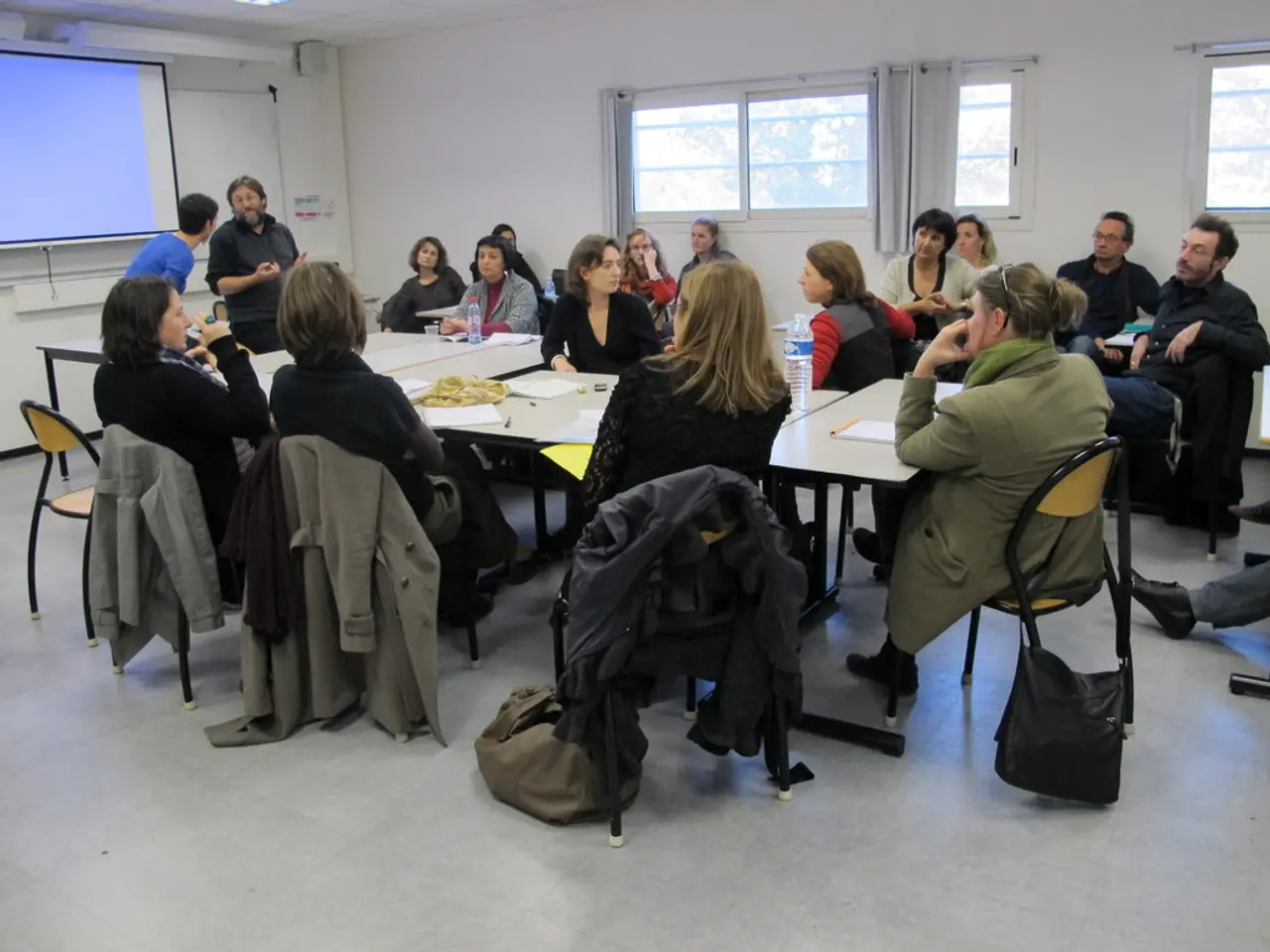Digital platforms have emerged as the forefront of public health management. It's high time we tackle them with equivalent seriousness.
In the digital age, social media platforms have become a significant player in the realm of public health communication. Creators, once confined to sharing entertainment and personal anecdotes, are now standing at the forefront of disseminating health information [1]. This shift is particularly crucial in an era where misinformation has led to a resurgence of preventable diseases such as measles and whooping cough, as vaccination rates have significantly decreased in some communities [2].
Recognizing this need, an organization named Science to People is developing a tool called VeriSci. This AI-powered platform transforms peer-reviewed health studies into digestible content, making complex research accessible to a wider audience [3]. VeriSci is expected to be available in 2024, and its language model is specifically fine-tuned for science communication best practices [4].
YouTube is also jumping on the bandwagon, working on a similar tool for its partner program creators. AI tools that summarize and organize academic papers have emerged in the past year as a potential solution for simplifying complex research [5]. However, it's essential to note that many social media creators lack the tools and training to verify and translate health information accurately [6].
The need for independent, publicly accessible tools that offer scientific information in digestible language is more important now than ever before. Social media companies' commitment to fact-checking and removing misinformation seems to be waning [7]. Kennedy's history of spreading disinformation about vaccines threatens decades of scientific progress and public trust [8].
On the other hand, the potential for social media creators to become new public health allies is immense. They can reach diverse and often underserved audiences with accurate, culturally relevant information [9]. A recent experiment demonstrated the power of providing accurate mental health messaging on TikTok, resulting in improved mental health literacy among viewers [10]. Providing creators with science-driven information has the potential to improve health literacy and make a measurable difference in underserved communities [11].
As the U.S. President, Donald J. Trump's stance on public health matters remains to be seen. His return to the White House could have implications for health policies and public trust in health information [12]. Regardless, the role of social media creators in public health communication is undeniable, and empowering them with the right tools can make a significant difference.
Read also:
- Peptide YY (PYY): Exploring its Role in Appetite Suppression, Intestinal Health, and Cognitive Links
- Toddler Health: Rotavirus Signs, Origins, and Potential Complications
- Digestive issues and heart discomfort: Root causes and associated health conditions
- House Infernos: Deadly Hazards Surpassing the Flames




